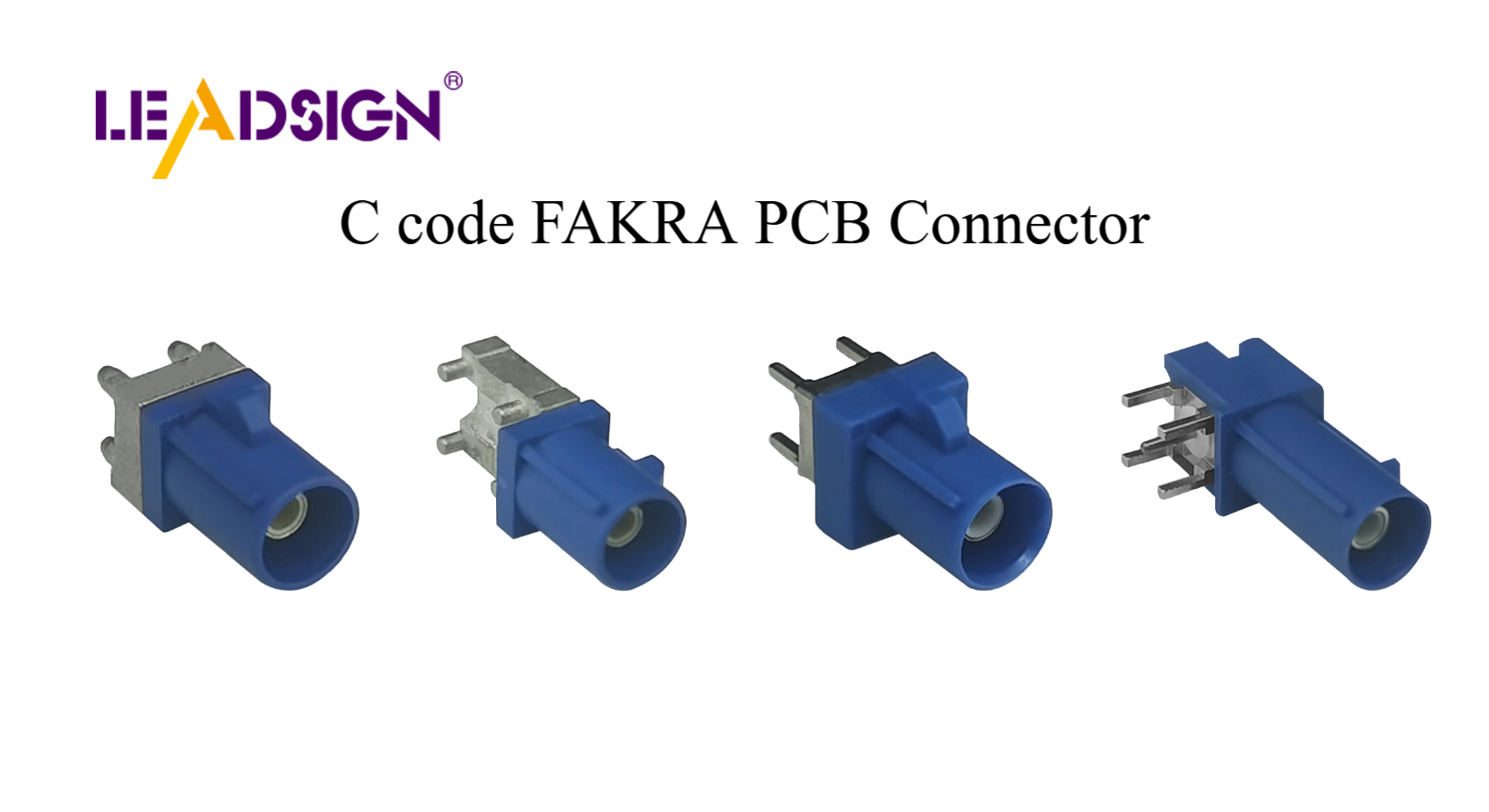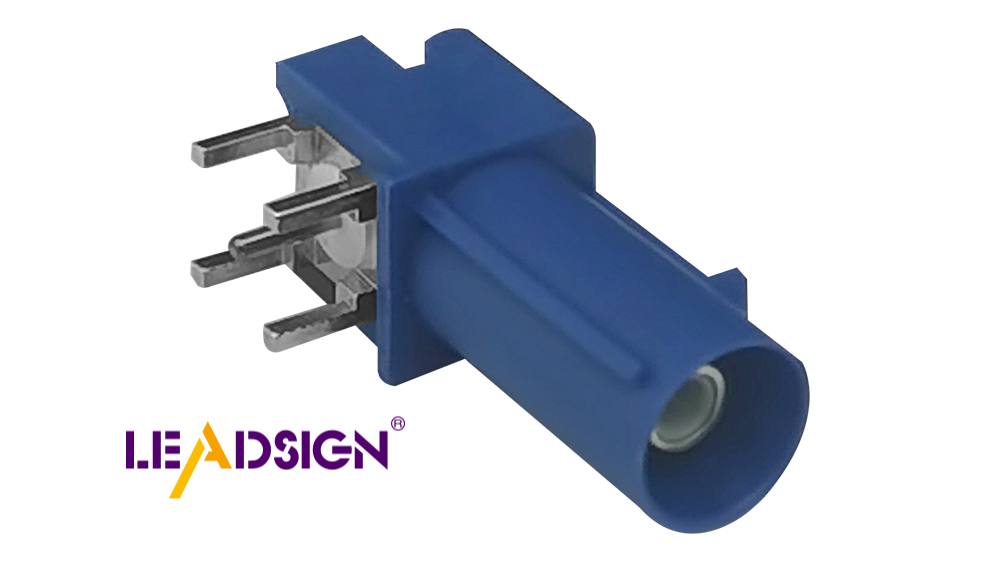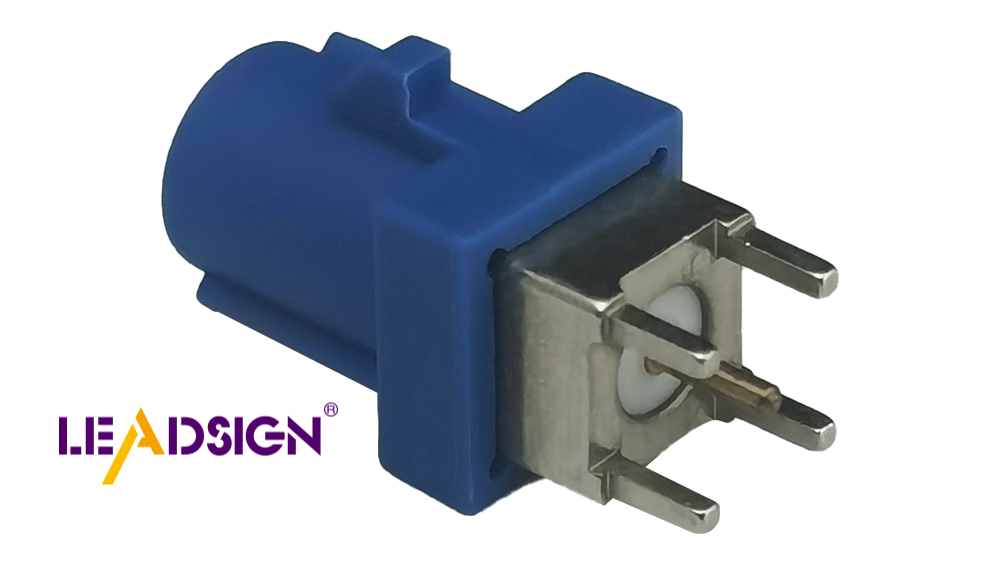The Role of Vehicle Connectors in Revolutionizing Auto Network Cars

Vehicle connectors are changing how we use modern auto network cars. These small parts help different car systems communicate with each other easily. They ensure that data moves quickly and stays connected. With 5G and IoT, they enhance how cars operate and connect. They also contribute to the development of smarter and more advanced car systems. Vehicle connectors impact more than just technology; they are transforming how people buy and sell cars today. They can transmit data rapidly and provide power. Vehicle connectors are building the future of car technology.
Key Takeaways
Vehicle connectors are essential for seamless communication between different car systems, ensuring efficient operation and enhanced performance.
The integration of 5G and IoT technologies with vehicle connectors allows for real-time data sharing, making cars smarter and improving safety features.
Different types of vehicle connectors serve specific functions, such as connecting lights, engines, and circuit boards, which is crucial for the overall functionality of modern vehicles.
Vehicle-to-Vehicle (V2V) and Vehicle-to-Infrastructure (V2I) communication enabled by connectors enhances road safety and traffic management by sharing critical information quickly.
Online car shopping is revolutionized by vehicle connectors, allowing buyers to access detailed car information and history from the comfort of their homes, fostering transparency and trust.
As electric and self-driving cars become more prevalent, the demand for advanced vehicle connectors that can handle increased power and data requirements is growing.
Investing in robust security measures for vehicle connectors is vital to protect against cyber threats, ensuring the safety of both the vehicle and its occupants.
Understanding Vehicle Connectors in Auto Network Cars

What Are Vehicle Connectors?
Vehicle connectors are important parts in today’s cars. They help connect different systems and parts in the car. These connectors make sure power and signals move smoothly. This allows things like lights, engine control, and music systems to work. They are built to handle tough conditions like heat, shaking, and water. Without these connectors, your car’s systems wouldn’t work properly.
Think of vehicle connectors as the glue holding your car’s electronics together. They connect everything, from sensors to safety tools. Their strong design helps them last long and work well. Whether it’s a plug-and-socket or wire-to-board type, each has a job to keep your car running smoothly.
How Vehicle Connectors Enhance Connectivity
Vehicle connectors help different car systems talk to each other. They let data move easily between parts. For example, they connect your GPS to your music system or your engine to safety sensors. This makes your car work better overall.
New car technology like IoT and 5G depends on these connectors. They send data quickly, allowing real-time updates and cool features. Because of this, vehicle connectors make cars smarter and more useful. You get better maps, safer driving, and fun entertainment, all thanks to these small but powerful parts.
Types of Vehicle Connectors and Their Applications
There are different kinds of vehicle connectors, each for a specific job. Here are three main types:
Plug-and-Socket Connectors: These connect parts like headlights or taillights. They are easy to use and secure.
Terminal Connectors: These join wires to parts like the engine or battery. They keep the connection stable.
Wire-to-Board Connectors: These link wires to circuit boards in systems like music or safety tools.
Each connector is made for its specific job. For example, safety system connectors must be very reliable. Music system connectors focus on fast data transfer. Using the right connector helps cars work safely and efficiently.
Emerging Trends in Auto Network Cars and Connectivity

Vehicle-to-Vehicle (V2V) and Vehicle-to-Infrastructure (V2I) Communication
Cars are getting smarter and more connected every day. A big change is Vehicle-to-Vehicle (V2V) and Vehicle-to-Infrastructure (V2I) communication. V2V lets cars share important details like traffic, speed, and road conditions. This quick sharing helps prevent accidents and improves traffic flow. For example, if a car stops suddenly, your car gets an alert fast. This gives you extra time to react and stay safe.
V2I goes further by linking cars to things like traffic lights and parking systems. Imagine your car knowing when a light will turn green. This saves time and helps use less fuel. These technologies are changing how we drive, making it safer and easier for everyone.
Integration with Smart Technologies and IoT
Smart technologies and IoT are changing the automotive industry. Cars are now more than vehicles; they are smart systems. IoT connects your car to devices like phones or home systems. This makes things easier, like starting your car from inside your house. You can even sync music before getting in.
With 5G, these connections are faster and more reliable. Now, cars can get real-time updates for maps and safety features. These changes are not just cool but also make driving safer and more efficient in auto network cars.
Data Sharing and Analytics in Auto Network Cars
Modern cars collect and share data all the time. They track things like engine health and driving habits. This data helps improve your driving experience. For example, your car can warn you about problems early. This saves money and keeps your car running well.
In the automotive world, data sharing is also changing car sales and repairs. Some companies offer online tools to check a car’s history. This builds trust and makes buying easier. Data also helps car makers design better vehicles by learning what drivers want. This trend is making the automotive industry more advanced and customer-friendly.
The Role of Vehicle Connectors in Auto Sales Trends
Helping with Online Car Buying
Vehicle connectors are important for online car shopping. They help cars share data quickly. This makes it easy to check car details online. Whether buying new or used cars, this technology helps you see everything clearly.
Online car sellers use these systems to show accurate car details. For example, you can check a car's history and condition from home. You don’t need to visit a dealership. This no-contact process is growing fast. With vehicle connectors, online car shopping is faster and easier.
Making Car Buying Clear and Honest
Honesty is very important when buying a car. Vehicle connectors help by sharing car data like repairs and accidents. This lets you check a car’s condition before buying it. In used car sales, you can see reports about its past. This builds trust and helps you choose wisely.
Online car sellers and dealerships also use this technology. They give real-time updates on available cars. This means you always see the newest options. Vehicle connectors make car shopping clearer and better for everyone.
Making Car Shopping Personal
Car shopping is now more personal. Vehicle connectors collect data about your driving habits. This helps sellers suggest cars that fit your needs. For example, city drivers might get tips for fuel-saving cars. This makes buying a car more fun and useful.
Online platforms also use this data to improve your experience. You can get special offers, payment plans, and even virtual test drives. In 2023, 79% of buyers were happy with these changes. Vehicle connectors are making car shopping more exciting and customer-friendly.
Challenges and Future Trends in Vehicle Connectors
Keeping Cars Safe from Cyber Threats
As cars get smarter, cyber risks increase. Hackers may try to steal data or cause problems. For example, a hack in Oregon exposed 3.5 million driver IDs. Honda also had a flaw that leaked 21,000 customer orders. These events show why car systems need strong security.
Vehicle connectors help protect your car's information. They make sure systems talk securely, stopping cyberattacks. Companies now use encryption and better coding to keep data safe. These steps protect your personal info and improve your driving experience.
Car makers invest in new ways to fight cyber threats. Regular updates and secure coding are now common. These efforts aim to make connected cars safer for everyone.
New Technology and Better Standards
Fast-growing technology improves vehicle connectors. With 5G and IoT, data moves faster and smoother. This helps cars share traffic and road updates quickly. It makes driving safer and easier.
Car standards change to meet these new needs. Connectors are built to handle fast data and tough conditions. Features like waterproofing and heat resistance make them last longer. These upgrades make connectors better for modern cars.
Reports show more demand for advanced connectors. As electric cars grow popular, connectors must handle more power. They also need to work with charging stations. These changes show the industry's focus on quality and innovation.
The Future of Connectors in Electric and Self-Driving Cars
Electric cars are changing how we drive. More people want EVs for their eco-friendly features. Connectors are key to making EVs work well. They help transfer power and connect EV parts smoothly.
Charging stations need strong connectors for fast charging. This ensures your EV is ready when you need it. As EV sales rise, companies design lighter and smaller connectors for better performance.
Self-driving cars are the next big thing. These cars need connectors to handle lots of data fast. Sensors, cameras, and maps must work perfectly together. Connectors make this possible, bringing self-driving cars closer to reality.
The future of connectors looks bright. New designs and tech will shape the car industry. Expect smarter and safer cars as these trends grow.
Vehicle connectors have changed how modern cars work. They help systems connect, improve online car shopping, and make driving better. These parts let car systems share information easily, making cars safer and smarter. Fixing problems like hacking risks will make them even better. As technology grows, connectors will be important for electric and self-driving cars. They can send data fast and provide power, shaping the future. These updates promise a more advanced and connected car industry.
FAQ
What are commercial vehicle connectors?
Commercial vehicle connectors are key parts in modern vehicles. They link electrical circuits to share power and signals. These connectors help systems like airbags and music players work well. As cars get smarter, these connectors support electric and connected car tech.
Why are commercial vehicle connectors important?
Commercial vehicle connectors keep your car's electrical systems running smoothly. They improve safety by making sure connections stay strong. This lowers the chance of problems. As cars become more advanced, these connectors help systems work together better.
How do vehicle connectors improve car safety?
Vehicle connectors make sure important systems like airbags work properly. They provide strong and steady connections to prevent failures. Good connectors can handle tough conditions like heat and shaking. This makes them last longer and keeps your car safe.
What types of vehicle connectors are commonly used?
There are different types of vehicle connectors for specific jobs:
Plug-and-Socket Connectors: Used for lights like headlights.
Terminal Connectors: Link wires to the engine or battery.
Wire-to-Board Connectors: Connect wires to circuit boards for music or safety tools.
Each type has a special job to keep your car working well.
How do vehicle connectors support online car shopping?
Vehicle connectors help cars share data quickly and correctly. This lets you check a car's details, like its history, online. Whether buying new or used, these connectors make it easier to shop without visiting a dealership. They simplify the process and make it clearer.
Can vehicle connectors personalize the car-buying experience?
Yes, vehicle connectors collect data about how you drive. This helps sellers suggest cars that fit your needs. For example, city drivers might get tips for fuel-saving cars. Online tools also use this data to offer deals and virtual test drives, making shopping more fun.
What role do vehicle connectors play in electric vehicles (EVs)?
Vehicle connectors are very important for EVs. They move power from the battery to other parts of the car. They also help at charging stations for fast charging. As EVs become more popular, lighter and better connectors are being made.
How do vehicle connectors contribute to self-driving cars?
Self-driving cars need vehicle connectors to handle lots of data. They connect sensors, cameras, and maps so the car can make decisions. Without good connectors, self-driving features wouldn’t work well.
Are vehicle connectors durable enough for harsh conditions?
Yes, vehicle connectors are built to handle tough conditions like heat and water. They are waterproof and heat-resistant, making them last longer. This ensures your car's systems work in all kinds of weather.
How do dealerships benefit from vehicle connectors?
Dealerships use vehicle connectors to give accurate car details. These connectors provide real-time updates on available cars. They also share reports about a car's history. This builds trust and makes buying easier for customers.
See Also
Transforming Vehicle Connectivity With HFM Connector Benefits
Boosting Data Transfer: Why High-Speed Connectors Matter
Improving Automotive Data Flow With Advanced Connectors

